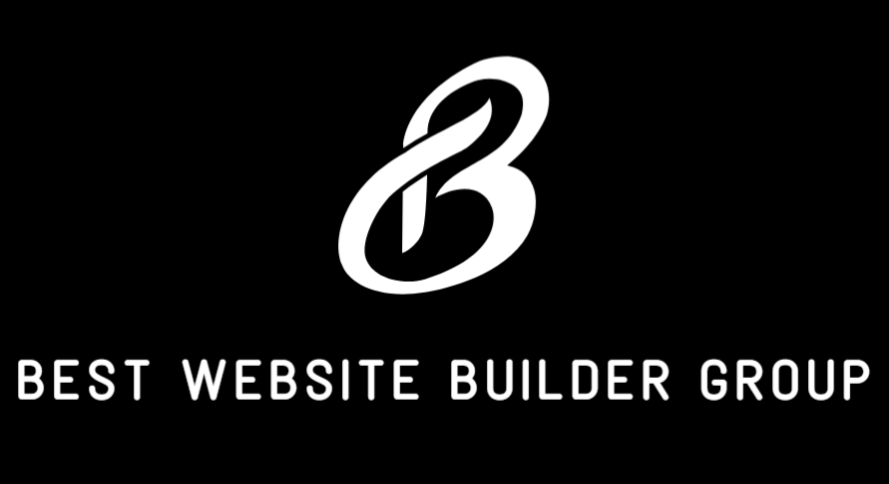Marketers, entrepreneurs, and content creators often ask, can SEO keywords be phrases? The answer is yes, and not only can they be phrases, they should be. In fact, multi-word phrases—often called long-tail keywords—form the foundation of many successful search strategies today. With search engines processing billions of queries every day, most of them written in natural language, keyword phrases allow businesses to connect with specific audiences and create more relevant content. This article explores the role of keyword phrases in SEO, why they matter, and how to use them effectively.

What Are SEO Keywords?
SEO keywords are the terms people type or speak into search engines when looking for information, products, or services. They act as signals that connect user intent with relevant content. Keywords can be a single word, such as “marketing,” or full phrases, like “affordable digital marketing services for small businesses.” When someone wonders, can SEO keywords be phrases, the real question is whether search engines can recognize and rank content that uses multiple words together. Because most searches today are written as questions or descriptive statements, keyword phrases are not only possible but essential for modern optimization.
The History of Keyword Usage in SEO
In the early days of search, optimization relied heavily on single keywords. Marketers stuffed pages with repeated terms to climb rankings. Over time, this approach became less effective as Google introduced updates to reward quality and relevance. Semantic search and natural language processing changed how results appear. Today, Google understands intent behind a phrase, not just the individual words. For example, a search for “how to improve SEO on Google” will also consider variations like “increase Google rankings” or “boost website visibility.” This shift has made keyword phrases central to SEO strategies.

The Difference Between Single Keywords and Keyword Phrases
Single keywords are broad and often competitive. A term like “shoes” may generate millions of results, making it difficult for new websites to rank. Keyword phrases narrow focus and better reflect user intent. For instance, “best running shoes for women under $100” is a phrase that targets a specific audience with a clear goal. While fewer people search for this phrase compared to the single keyword “shoes,” those who do are far more likely to make a purchase. This demonstrates why keyword phrases can deliver higher-quality traffic.
Why Keyword Phrases Are Important for SEO
Keyword phrases allow websites to attract users who are further along in their decision-making process. Long-tail keyword phrases account for the majority of search queries. They reflect how people naturally ask questions, especially with the rise of voice search. Optimizing for phrases improves the chances of ranking on relevant queries, increases engagement, and boosts conversions. For businesses, targeting keyword phrases is a way to compete against larger competitors who dominate short, generic terms.
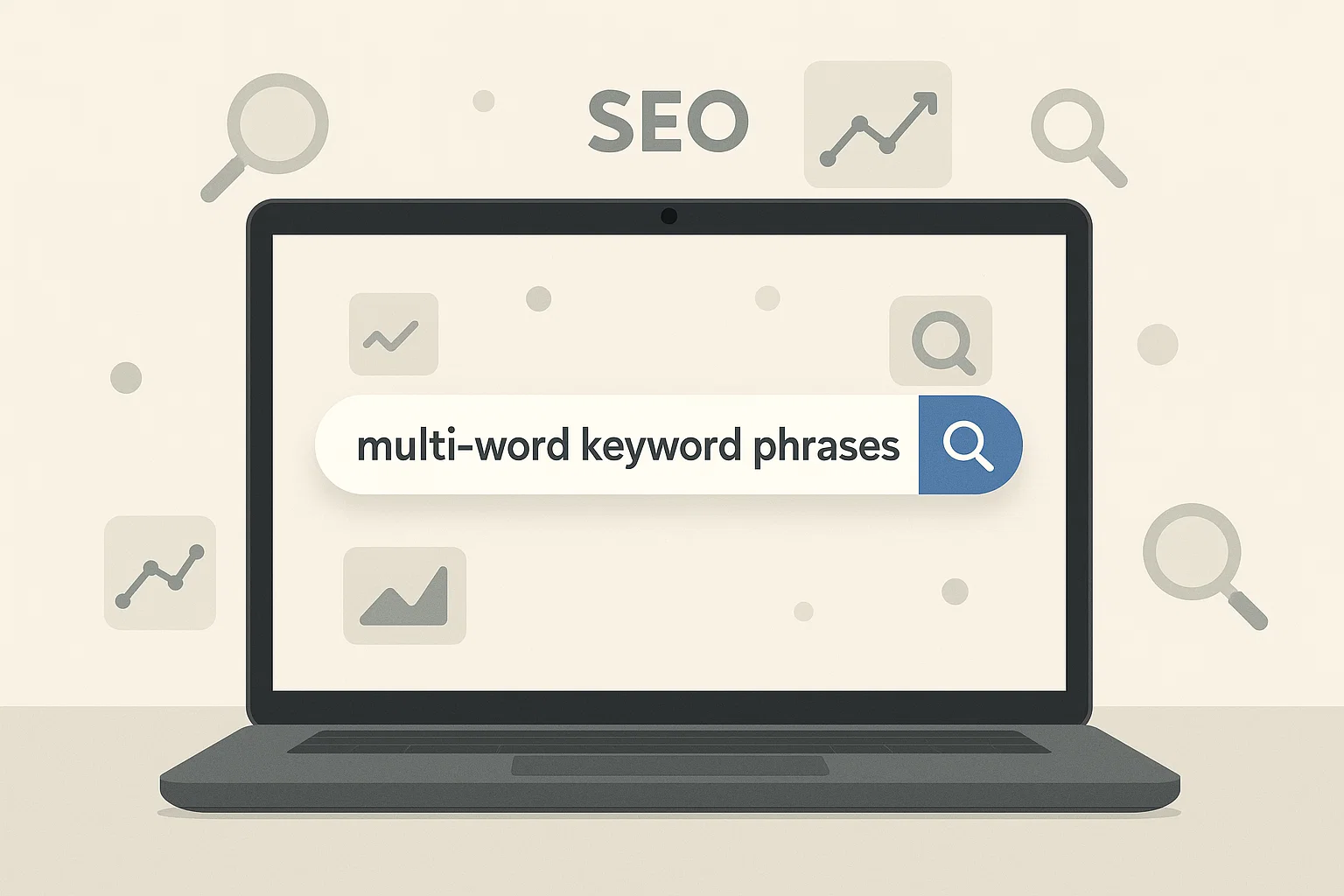
Short-Tail vs Long-Tail Keywords
When discussing whether SEO keywords can be phrases, it is important to understand the distinction between short-tail and long-tail terms. Short-tail keywords usually contain one or two words, like “SEO services.” They may generate high search volume but face fierce competition. Long-tail keywords, typically three or more words, are more specific, such as “affordable SEO services for local businesses.” While individual long-tail terms attract less traffic, they often have higher conversion rates because they capture users with clear intent. Businesses that combine both short-tail and long-tail strategies maximize visibility and relevance.
How Google Interprets Keyword Phrases
Google no longer depends on exact keyword matches to deliver results. Its algorithms now consider context, synonyms, and semantic meaning. This means keyword phrases do not need to appear word-for-word for a page to rank. If someone searches for “how to cook a baked potato in the oven,” Google may also serve results for “oven-baked potato recipe” or “best way to bake a potato.” This flexibility gives content creators more freedom to write naturally while still targeting phrases that align with user intent.
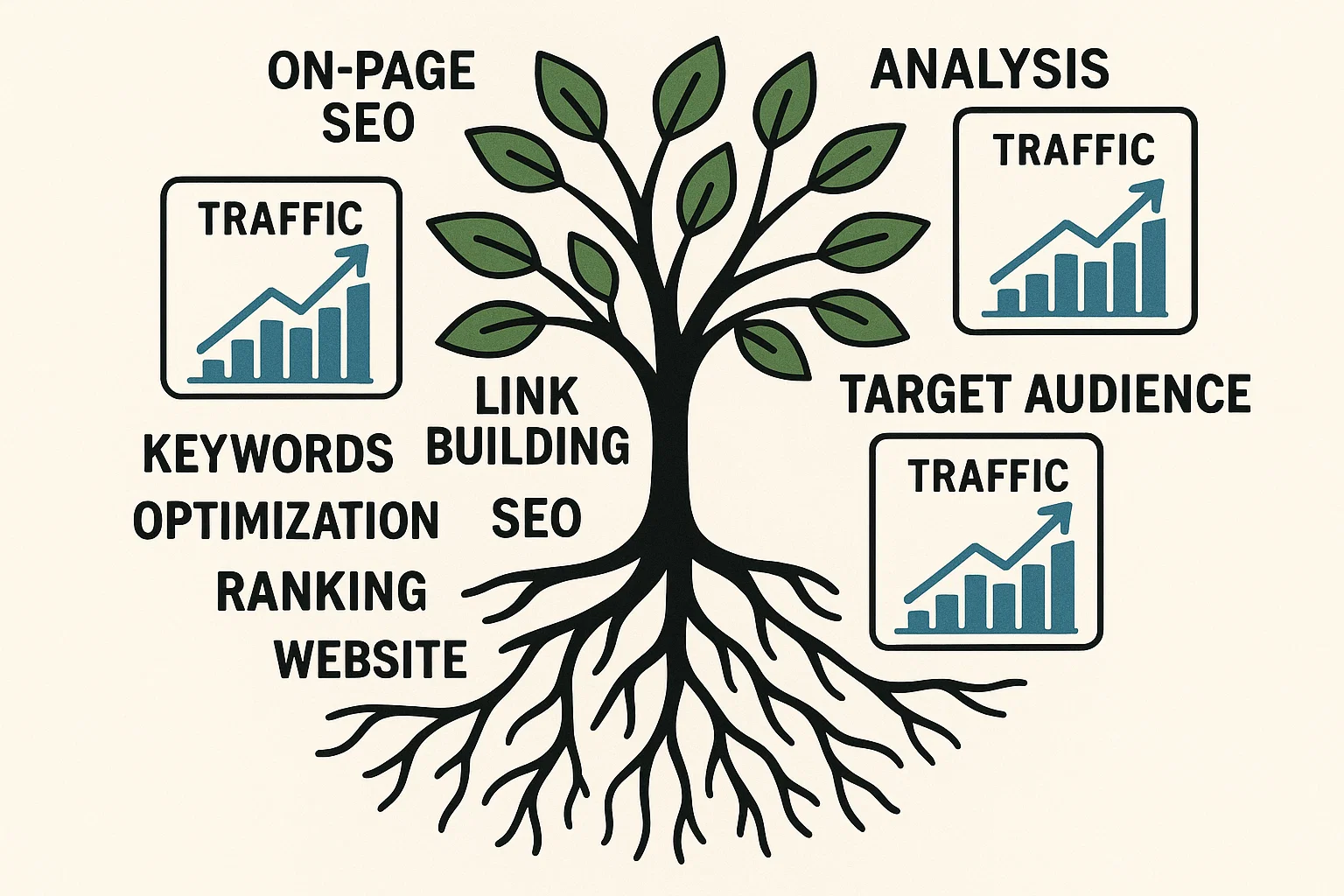
Examples of Keyword Phrases in Action
Real-world examples show why keyword phrases work better than single terms. A local dentist might target “family dentist in Palm Bay Florida” instead of just “dentist.” An online fitness brand could optimize for “best resistance bands for home workouts” rather than only “resistance bands.” Restaurants may use phrases like “Italian restaurants near downtown Kirtland” to attract local traffic. Technology companies might optimize content for “affordable cloud storage solutions for small businesses.” These keyword phrases not only reduce competition but also connect directly with audiences ready to act.
Keyword Phrases in Voice Search and AI
Voice search has changed how people interact with search engines. Instead of typing short terms, users now ask complete questions, such as “What is the best coffee shop near me?” or “Where can I buy organic pet food online?” AI-driven search tools like Google’s BERT and MUM models interpret these natural language queries by focusing on meaning rather than exact keywords. For businesses, this means that optimizing for keyword phrases aligns with how people search in real conversations, making it even more important for visibility in voice-enabled devices.
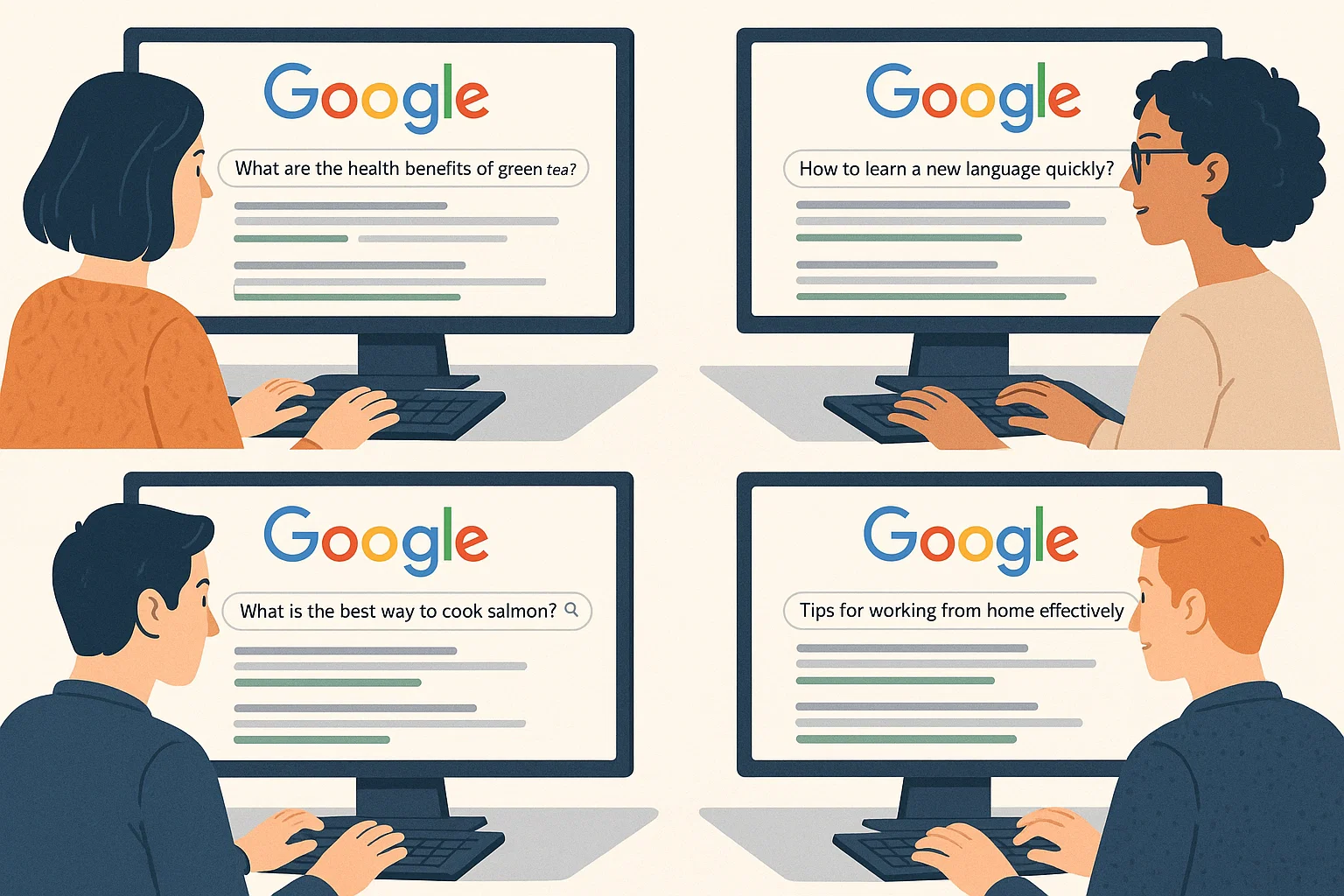
Tools for Identifying Keyword Phrases
Finding the right keyword phrases requires research. Tools like Google Keyword Planner reveal search volumes, competition levels, and related queries. These platforms allow businesses to identify which keyword phrases are most valuable for their niche. SEO services from professionals often include in-depth keyword research to ensure campaigns focus on the terms that drive meaningful results. By leveraging these tools, companies avoid guesswork and invest in strategies backed by data.
How to Use Keyword Phrases in Content
Once keyword phrases are identified, they must be used strategically. Content should incorporate them naturally into titles, headers, and body paragraphs without sounding forced. Metadata and image alt text also provide opportunities for optimization. Internal linking strengthens relevance by connecting related pages. For instance, content that mentions optimization tactics might link to Technical SEO services. Google rewards helpful, user-friendly content, so keyword phrases should enhance readability rather than dominate the text.

The Role of SEO Services in Keyword Strategy
Many businesses struggle to decide which keyword phrases to target. Professional SEO services analyze industry trends, competitor strategies, and user behavior to select the most effective terms. They track results over time, adjusting campaigns to stay aligned with changing algorithms and customer preferences. Without expert guidance, businesses may waste resources on phrases that bring traffic but do not convert. With the right support, keyword phrases become powerful tools for driving sustainable growth.
How Technical SEO Supports Keyword Phrases
Strong keyword strategies depend on solid technical foundations. If a site is slow, insecure, or difficult for Google to crawl, even the best keyword phrases will struggle to rank. Technical SEO services focus on site speed, mobile performance, structured data, and clean architecture. These improvements ensure that content targeting keyword phrases is fully accessible to search engines and users alike. Technical health and keyword optimization go hand in hand to produce stronger rankings.
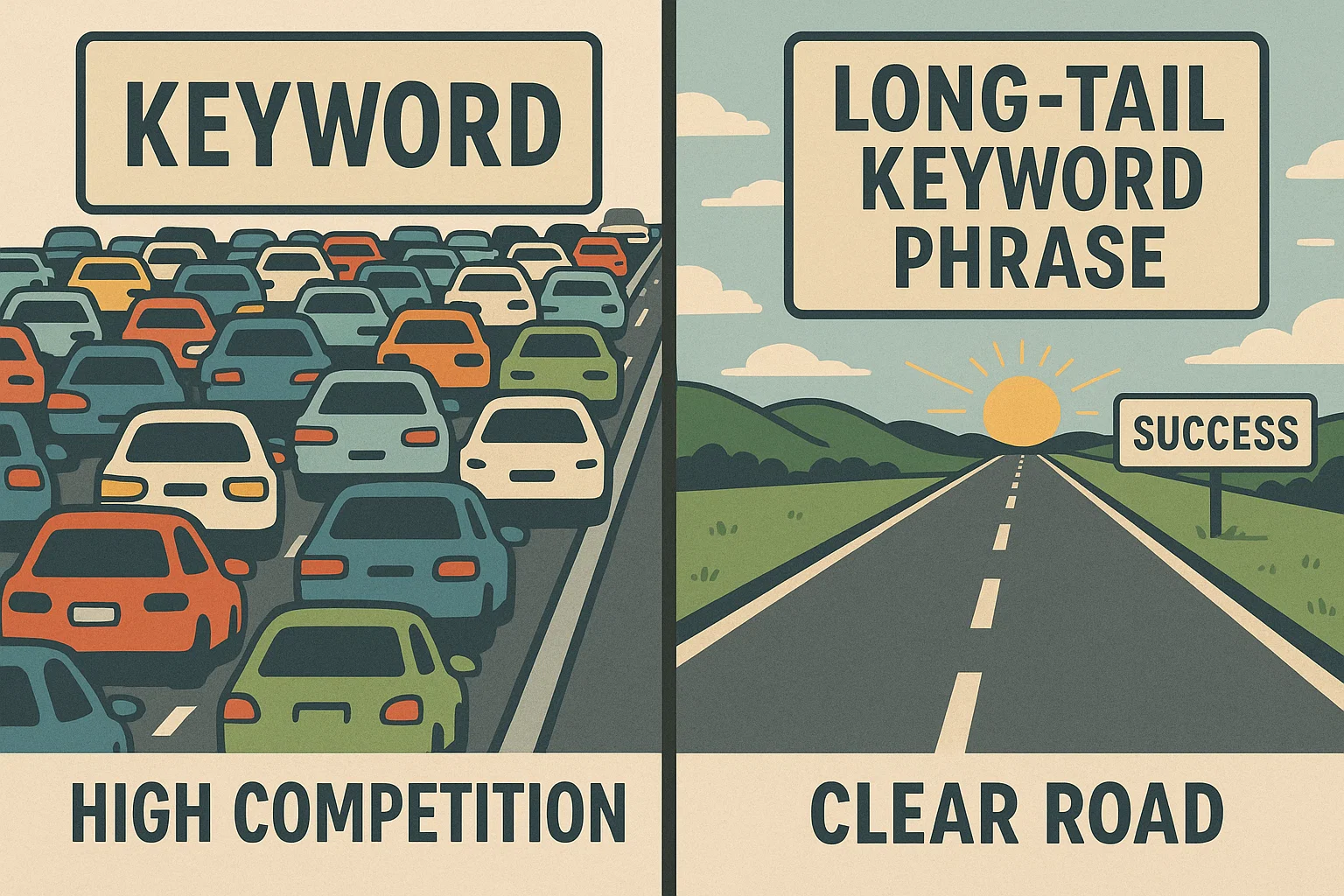
Conclusion
So, can SEO keywords be phrases? Absolutely. In fact, keyword phrases are often the most effective way to align with user intent, capture qualified traffic, and improve conversions. From short-tail to long-tail, from typed queries to voice searches, phrases reflect how people search in the real world. By researching the right terms, using them naturally in content, and supporting them with strong technical optimization, businesses build strategies that deliver long-term success. For organizations ready to leverage the power of keyword phrases, Best Website Builder Group provides the expertise to turn search intent into measurable growth.
